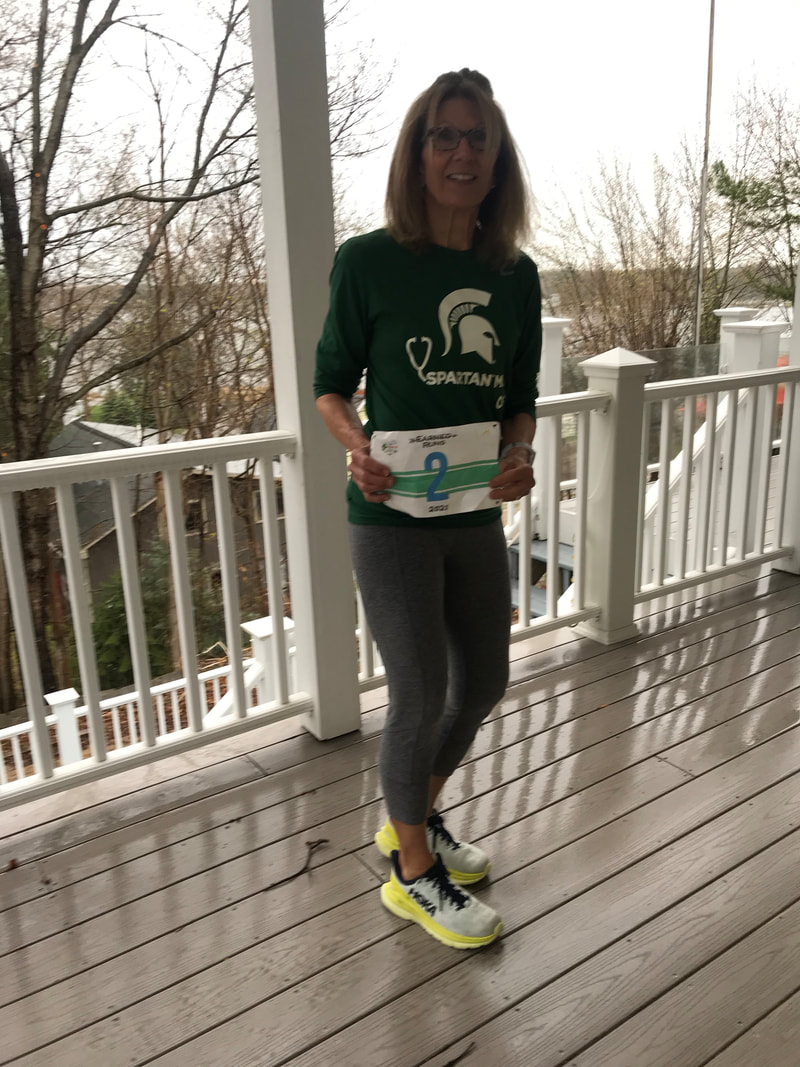BLOG
|
|
EARNED RUNS BLOG POSTS ON THIS DAY OF THE WEEK WILL HAVE A DIFFERENT VIBE during the summer. Postings will present links to articles or abstracts on a health or science topic accompanied by a discussion in an attempt to be briefer and leave more of the day for fun.
SEASONS MATTER WHEN IT COMES TO FEELING LOW, ESPECIALLY FOR WOMEN! “Seasonality of depressive symptoms in women but not men: A cross-sectional study in the UK Biobank cohort” Laura M. Lyall, Cathy A. Wyse, Carlos A. Celis-Morales, et al. YOU CAN STOP AFTER READING THE ABSTRACT AND GO OUT AND PLAY, OR READ ON! This study utilized data collected from 2006-2010 by the UK Biobank. About 480, 000 participants, aged 37-73 years, visited 22 different intake “centres” where they filled out questionnaires that dealt with lifestyle, health, mood, and demographic information. They underwent cognitive and physical assessments as well. In a “computerized touchscreen assessment” questions were posed and answers scored regarding how often over the previous 2 weeks each participant had experienced low mood, lack of interest or pleasure in doing things, and feelings of tenseness and tiredness. The results were self-reported, not backed up by medical notes or prescription history. “Seasonality of total depressive symptom scores, anhedonia and tiredness scores was observed in women but not in men, with peaks in winter” was reported in the published results. Women were less likely to report low mood and anhedonia (inability to experience pleasure in normally pleasurable acts) on days of increased length. Temperature may also have had an effect in the type of responses given. This type of research, in which a large number of persons of different backgrounds and ages were queried one time is considered to be a cross-sectional study. In a longitudinal study, each person would have been queried several times over the duration of the project. The conclusion was that the information on seasonal mood variation, especially in women, could be helpful to clinicians in recognizing and then treating depression and sub-clinical depressive symptoms. The paper acknowledges the existence of the seasonal subtype of major depressive disorder, which in the past was called “Seasonal Affective Disorder” and that patients with depression often show seasonal variability in symptoms. This study provides specific evidence that day length has an effect on mood, they contend. Earned Runs comment: This study questioned people living in the Northern hemisphere, in a country rather far to the north, who anticipate shorter days and longer periods of darkness in winter. The participants weren’t patients seeking help but just ‘people.’ The findings reflect what many think and feel is true without needing a scientific study to confirm it. It’s likely to be the reason why we in the north wish to take vacations in sunny, warmer southern climes in winter! It’s also the reason why we should take extra care, each year at this time, to USE THE SUMMER when we have it, and to get outdoors regularly for exposure to light and warmth. Yes, the results show women are affected and not men, but doesn’t the timeless men’s happiness joke refer to the women in their household? “A happy wife makes for a happy life”! Our own outlook might be improved when those around us are not feeling low; it’s possibly worth a bit of self-serving effort. Potentially the research instrument (questionnaire) was not able to measure men’s moods as well as women’s. Perhaps they too had experienced depressive feelings and thoughts in the previous 2 weeks but were not as self-aware when answering questions. Thus far research has not examined or proven whether we can build up or ‘bank” a surplus of good feelings from experiencing bright and pleasantly warm days. Do we need a study? We could test this hypothesis on a personal level this summer. Make an effort to stockpile mental images and sensations of lovely summer days that can be called up during December, January, and beyond. It’s worth a try and might heighten our real-time enjoyment of the pleasures of SUMMER. RUN & MOVE HAPPY! https://www.ncbi.nlm.nih.gov/pubmed/29329063
0 Comments
Your comment will be posted after it is approved.
Leave a Reply. |
BRIDGE TO PHYSICAL SELF
Running, walking, and fitness activities enable us to experience our physical selves in a world mostly accessed through use of fingers on a mobile device. AuthorEARNED RUNS is edited and authored by me, runner and founder. In 1978 I began participating in 10K road races before 5Ks were common. I've been a dietitian, practiced and taught clinical pathology, and been involved with research that utilized pathology. I am fascinated with understanding the origins of disease as well as health and longevity. Archives
November 2023
CategoriesNew! Search Box
Earned Runs is now searchable! Check it out...
|


 RSS Feed
RSS Feed